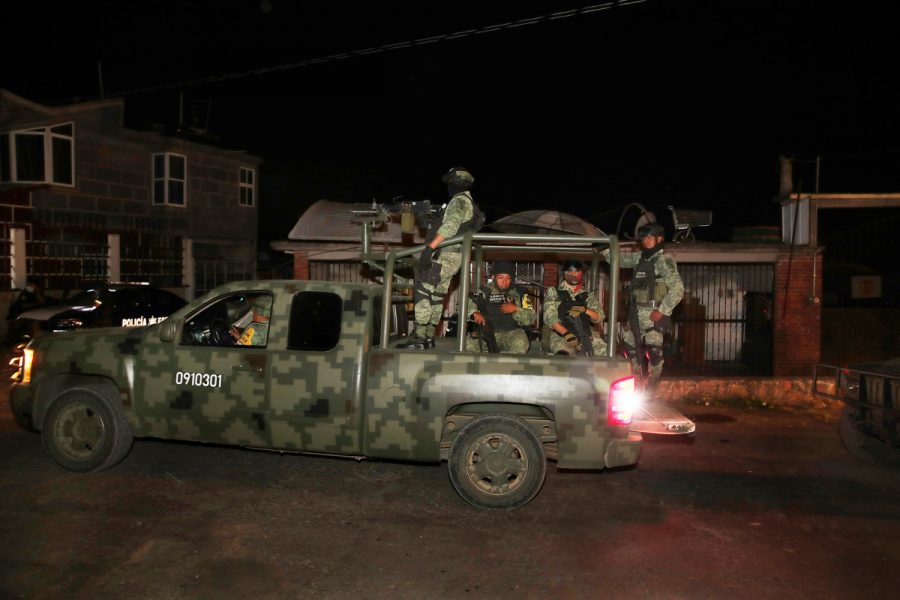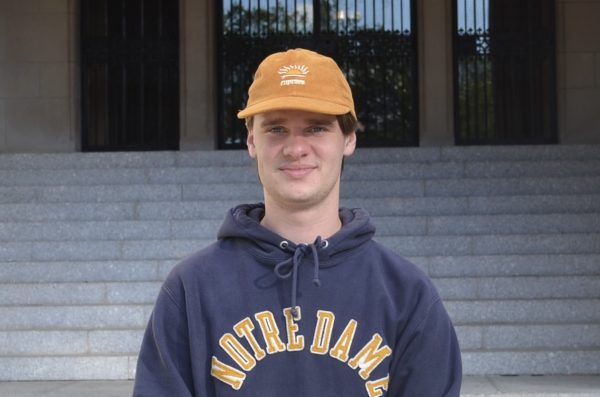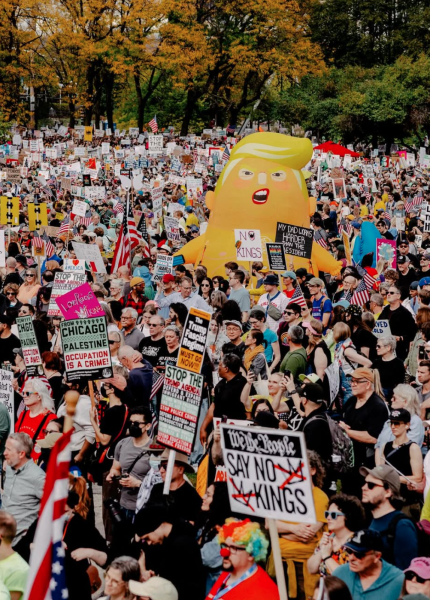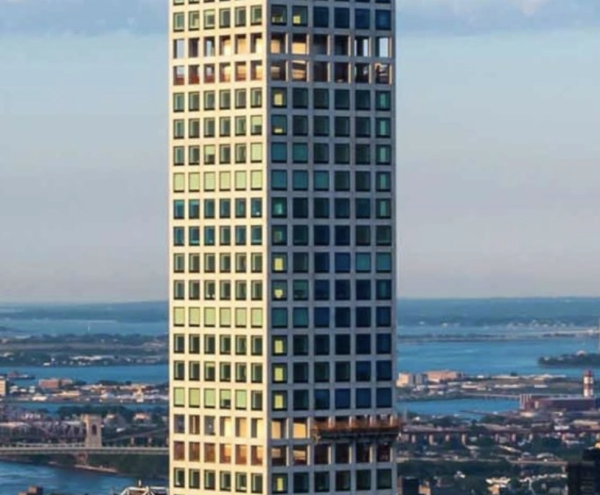Justice Must be Prioritized Over Aggression Amidst Mexico City Shooting
On March 18, a police convoy in Mexico City was ambushed by gunmen in a local gang, resulting in the murders of 13 members of law enforcement — eight of whom were state police officers and five of whom were prosecution investigators. This is the largest law enforcement massacre in Mexico since October 2019.
A large-scale search for the perpetrators ensued in the surrounding areas. According to The San Diego Union-Tribune, head of Public Safety Department Rodrigo Martínez Celis said, “This aggression is an attack on the Mexican government,” adding that when the instigators are found, “[law enforcement] will respond with all force.”
This aggressive reaction is not the normal response for Mexican authorities. According to Fox40, this situation “appears to present a challenge for President Andrés Manuel López Obrador, who has pursued a strategy of not directly confronting drug cartels in an effort to avoid violence.”
Hypothesizing what kind of reaction the United States would have to such an affair is difficult. With that being said, while mass murders in the U.S. are not disregarded, they are also not always met with impactful acknowledgment by the government.
In the U.S., there has been an upsurge in the frequency of mass shootings. Recent events in Atlanta, Georgia and Boulder, Colorado have sparked conversations about the nation’s best path forward. President Biden has responded by saying that he hopes to create stricter gun control laws.
Having a strong authority figure announcing their concern for justice in the matter of violent crime is important. As for Mexico City, Martínez Celis’s words are necessary and helpful in promoting a message of enforcement. Since the perpetrators may have been involved in a cartel, it was a risky decision to announce a threat, but it nonetheless showed solidarity and commitment to the people.
However, amplifying promises to capture criminals akin to those in this particular case should have begun earlier for Mexico City. There was a desire to remain quiet in attempts to avoid poor interactions with members of the local drug groups, but there are times where a crime is so heinous that it requires a powerful reply by law enforcement.
Always aiming for a quiet solution to crimes including drug cartels is unsustainable and useless on behalf of authority. Cartels are typically going to incite violence no matter what. That being said, if the crime is inherently drug-related and does not involve the killing of 13 innocent people, a method of nonviolent resolution is in order.
Routine drug crimes, drug trafficking and drug raids are all examples of offenses that should be met with firm condemnatory action. Because some of these are likely to escalate into violence, police should approach the situation as quietly as possible in order to avoid it, as has been the case in Mexico City for years.
A more niche example where a nonviolent response would be helpful is in the event that there was a ransom including citizens. Another could be if the offense leads to the direct endangerment of innocent people. In other words, compliance and subsequent compromise with drug lords and their cartels is only warranted when a large amount of the population is at risk.
Additionally, there are times when a significant amount of law enforcement is in danger. These events should be approached peacefully, since their lives are just as worthy as any regular citizen’s. In all dangerous situations, sending a message of strict condemnation is not worth the possible loss of life.
Therefore, there should be more explicit outlines of when an aggressive threat should be made and vice versa. However, there should be a baseline that if the claim is released after a mass murder of citizens and there is no longer a risk for death, justice should be the first priority.
Haley Daniels, FCRH ’23, is a psychology and English major from Hershey, Penn.








































































































































































































